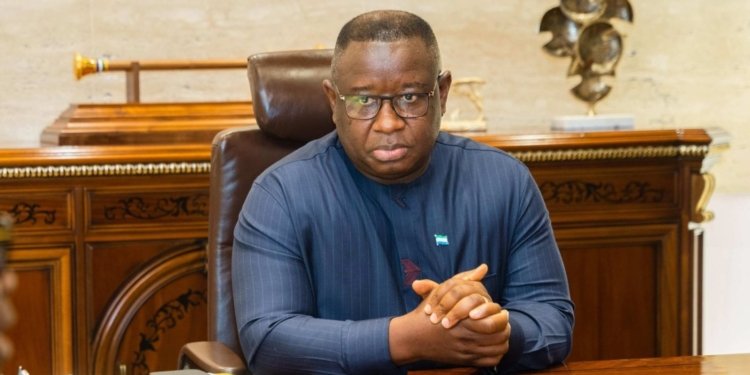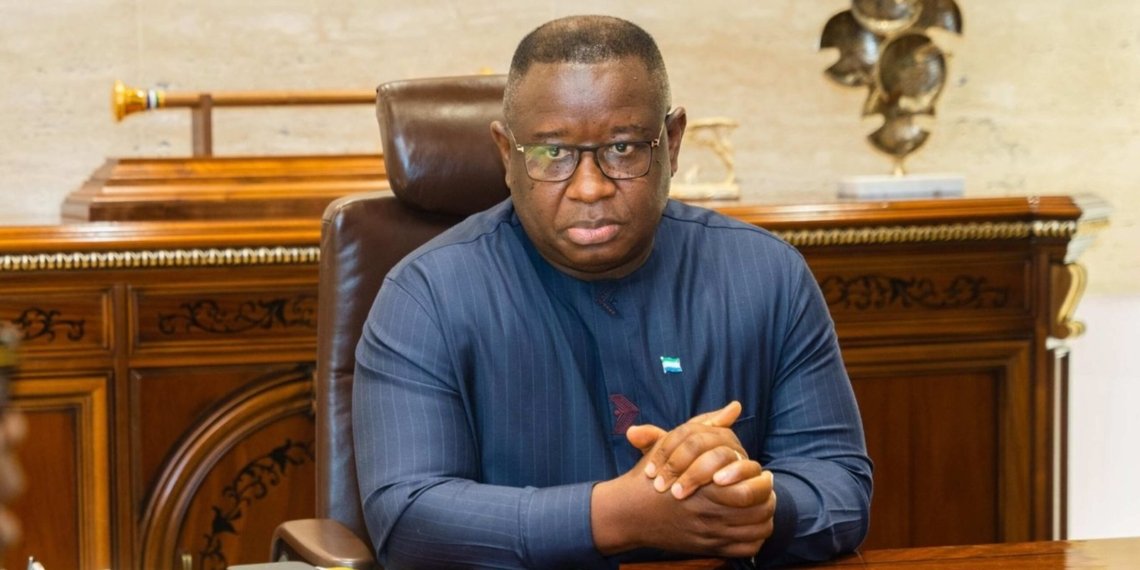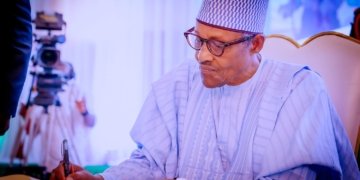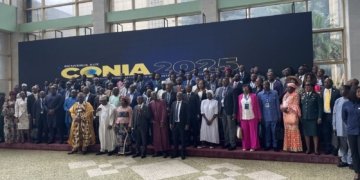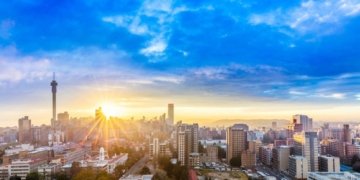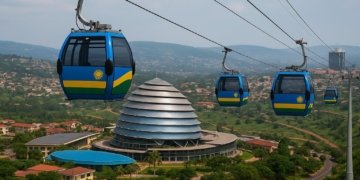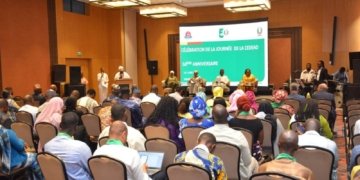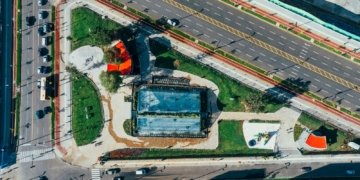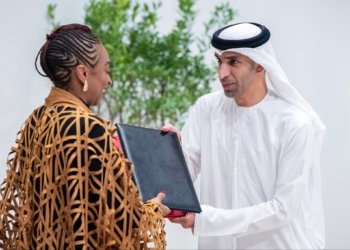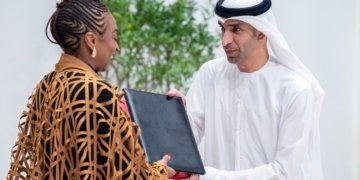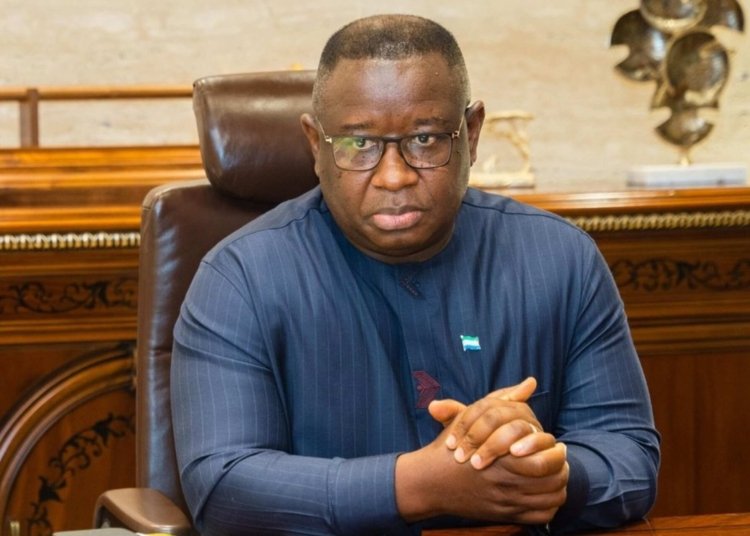FREETOWN, Sierra Leone (BG) – President Julius Maada Bio said education, food security and gender equality are driving Sierra Leone’s efforts to build a resilient economy, during an interview with Forbes Africa for its April-May 2025 Undiscovered series.
Bio, who began his second term in 2023, said his biggest achievement has been the launch of the Free Quality Education initiative, implemented just four months after taking office in 2018.
The program, which provides free schooling to millions of children, has gained international recognition and earned Bio a position as co-chair of the United Nations Transform Education Summit.
“Education transforms lives,” Bio said. “Through free education, we’ve not only empowered individuals but also strengthened entire families and communities.”
Sierra Leone’s focus in Bio’s second term has shifted to food security.
– 500,000 jobs by 2030
The “Feed Salone” initiative aims to reduce the country’s dependency on food imports by promoting climate-friendly farming on Sierra Leone’s more than 5 million hectares of arable land.
Bio said the program will create 500,000 jobs by 2030.
“We realized we had the resources—fertile land and abundant rainfall—to feed ourselves sustainably,” he said, noting that agriculture employs more than 60% of the population.
The government has also emphasized gender equality through the Gender Equality and Women’s Empowerment Act, which mandates that women hold at least 30% of leadership positions in governance and corporate sectors.
Efforts such as the “Hands Off Our Girls” campaign have helped reduce teenage pregnancies by 30% in affected areas, according to Bio.
Economic diversification beyond mining is another key goal. Bio said investments in agriculture, manufacturing and infrastructure are helping to reduce the country’s reliance on mineral exports.
Public-private partnerships, simplified regulations and anti-corruption reforms are part of the strategy to attract foreign investment.
“Sierra Leone is open for business,” Bio said, citing nearly $1 billion in recent U.S. investment in energy and airport projects.
– Macroeconomic indicators
Bio said the country’s improving macroeconomic indicators, including falling inflation and fiscal discipline, make it a promising destination for investors seeking long-term opportunities.
According to the World Bank, Sierra Leone’s economic growth is projected to rebound to 4.4% in 2025 and reach 4.7% by 2027, driven by resilient services, improvements in agricultural productivity, and continued mining expansion.
Lower inflation is expected to support household spending and retail trade, while agricultural value chain development and the “Feed Salone” initiative are expected to bolster productivity.
Growth is estimated to have slowed to 4.0% in 2024, down from 5.7% in 2023, largely due to falling global iron ore prices and slower mining production. Although mining accounts for only 7% of the economy’s output, it contributed the most to growth among all sectors.
The services sector recovered modestly, while agricultural output was affected by flash floods. Slower mineral export growth and high import growth, particularly in mineral oil and lubricants, also contributed to the slowdown.
Private consumption growth rose slightly, and investments in iron ore mines helped support overall growth.
